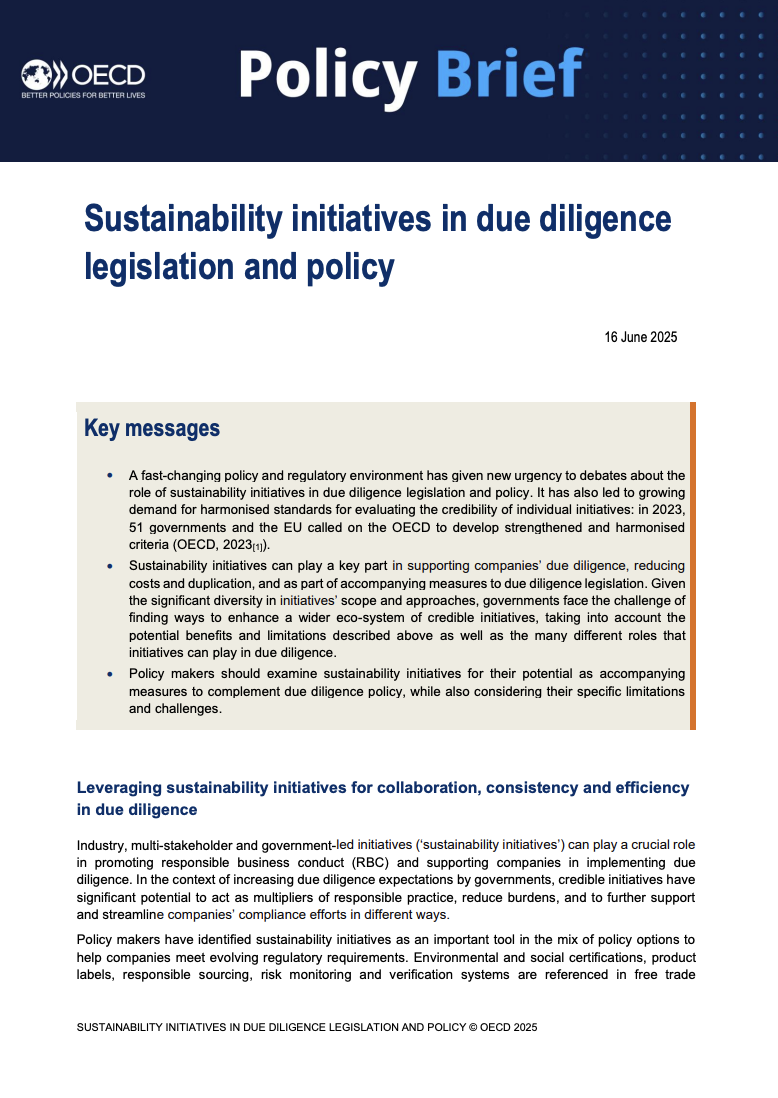
Why choose SLCP?
Discover how SLCP, the supply chain’s go-to tool for foundational social and labor data, sets itself apart and drives real impact.
Benefits of using SLCP
-
SLCP provides a common framework for social & labor assessments, reducing the need for repetitive and duplicative audits
This reduces the time, cost and resources spent on audits, allowing companies to reinvest savings into improving working conditions
Can enable quicker onboarding for new buyers and new suppliers
-
Data set can be shared across multiple platforms
End-user can apply scoring system or standard of their choice
External service providers available to support in data integration and interpretation
-
Facilities own their data and control how it is shared
Facilities play an active role in identifying areas for improving working conditions
SLCP system encourages transparency and honest data collection
Worker involvement is encouraged in the assessment process
Fosters a mutual partnership and shared commitment from all parties to improve working conditions
-
Applicable across a range of sectors and across tiers
Aligned with OECD guidelines
Foundational data set that determines compliance with international labor standards and national labor laws
Supports meaningful human rights due diligence
-
Uses a self-assessment + verification model to ensure high levels of data accuracy
Robust and sophisticated data quality and integrity program
-
Widely shared common data set supports alignment on corrective actions
SLCP facilitates collaboration with and between organizations and initiatives
Repeat SLCP users see tangible improvements in working conditions
From Data to Impact
-

Discover how fashion brand G-Star used SLCP data to strengthen their human rights due diligence, engage suppliers more effectively, and identify risks to develop targeted action plans
-

Since adopting SLCP in 2019, manufacturer Shahi has saved 276 audits equivalent to 26,496 hours.
Read more case studies here.
OECD highlights SLCP as an example of cost and efficiency gains
The policy brief recognises SLCP as an example of how common assessment frameworks can reduce duplicative audits and ease the due diligence burden, offering efficiency gains for both companies and suppliers.



